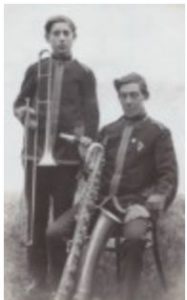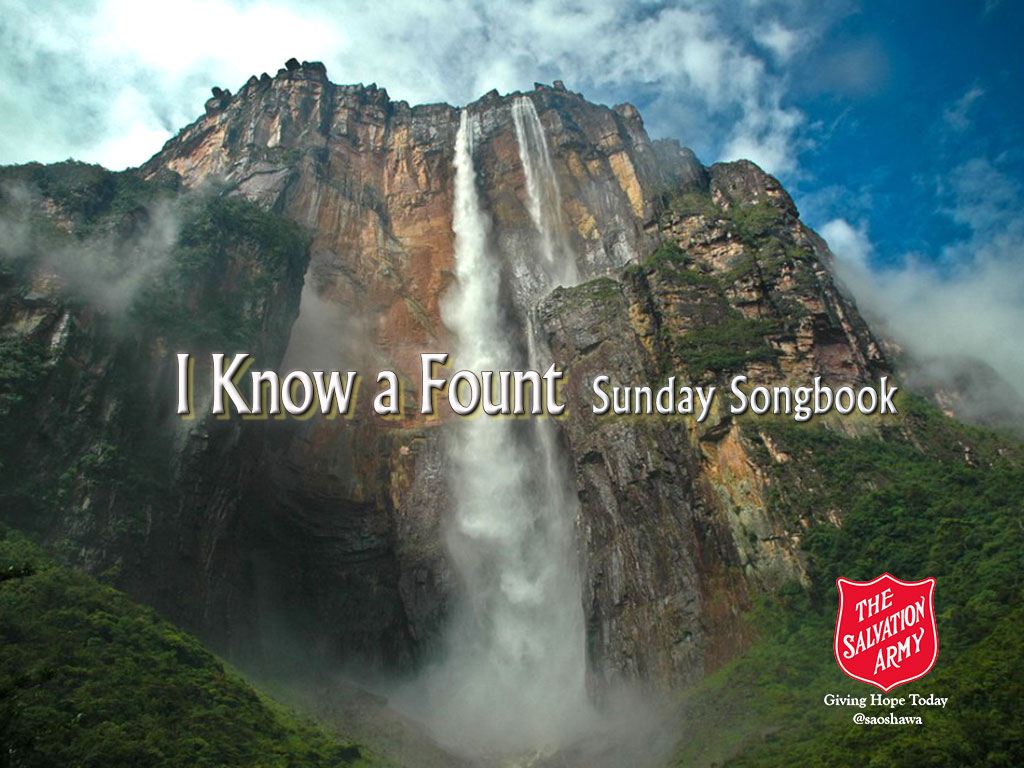Say, are you weary? Are you heavy laden?
Burdened with sorrow, weighted down with care?
Are you in bondage? Do you want deliverance?
Come then, with me – there is refuge from despair.
Chorus
I know a fount where sins are washed away;
I know a place where night is turned to day;
Burdens are lifted, blind eyes made to see;
There’s a wonder-working power in the blood of Calvary
Are you still doubting power to keep from sinning,
Power that can change the heart and make it new?
Are you still longing for a full salvation?
You may receive it and live a life that’s true.
Fettered and bound by chains of self-indulgence,
Missing the blessings God on man bestows,
Seeking for joy but only sorrow finding?
Come to the waters where grace and mercy flow.
Wondrous Deliverer! Sin-forgiving Saviour!
Cleanser of hearts! Unfailing Friend and Guide!
No one has ever trusted unavailing;
No one has claimed of His love and been denied.

Oliver Cooke was born in Berkshire, England, in 1873, as the son of a farm labourer. When his family moved to London, Oliver was able to study music at the London College of Music and earned a certificate in organ playing. At the Salvation Army, he learned to play a cornet, and later became first a bandmaster and then a songster leader. He had his first song published in The War Cry in 1888 and for the next 50 years he continued writing songs for The Musical Salvationist , a publication for songster brigades (choirs). Cooke was promoted to Glory in 1945.
I know a fount where sins are washed away; Share on XWORDS AND MUSIC: OLIVER COOKE
S.A. SONG BOOK, 1987 EDITION, #257; 2015 EDITION, #197
REFERENCE: USAWEST.ORG
Come to the waters where grace and mercy flow. Share on XVocal – Marjory Watson

I Know A Fount – International Staff Songsters of The Salvation Army

Piano Solo – Howard Evans






